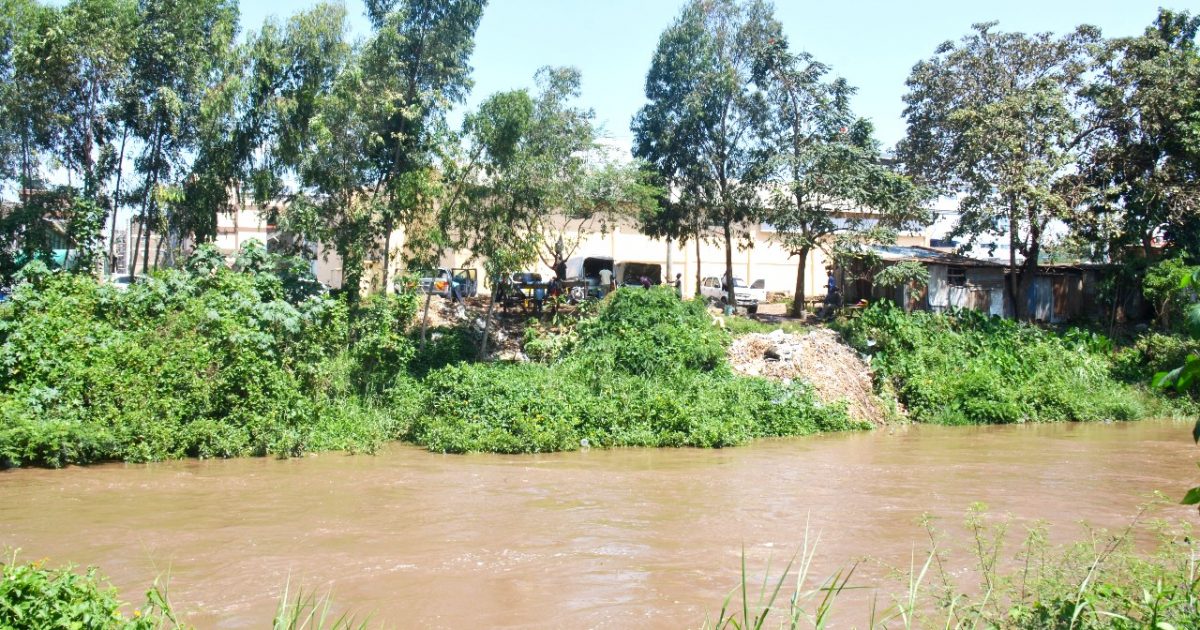Rivers and springs in Migori County risk extinction as a result of heavy pollution and siltation following ongoing rampant human activities around them.
Also not spared in this unfair handling of the water bodies are the existing wetlands that have been encroached on and parts turned into human settlements and farms.
Experts warn that unless quick actions are taken, rivers like Migori, Kuja, Nyangoto, Nyasare and Onyinjo could dry up within the next few years.
“We are faced with a serious threat of “killing” all our water bodies and sources within this region unless the government and all other environmental protection agencies move fast to control all the uncaring human activities within and around the water masses,” warned environmentalist Caleb Robi Mwita.
Speaking to KNA in Isebania border town, Mwita noted that most of the local rivers were heavily polluted from oil spillage from garages operating few meters from their banks and car –wash points within and around them.
He said all was not good within Migori County since most water catchment points had bee

n seriously interfered with through irresponsible upland farming, erecting of human residential and business structures near and within the water bodies.
Although development is measured by the status of infrastructures like roads, sewerage systems, houses, power plants, airports, communication and water lines, the same was a recipe for messing up with the general environment if not handled with care, Mwita explained and warned.
“River Migori is one all-weather source of water that is facing the greatest danger of disintegration following the kind of structures being put up along its banks,” he warned.
Mwita expressed concern that the local population had totally ignored the laws that prohibited farming, washing cars, discharging solid garbage or sewer and building structures right into the rivers or water catchment areas.
“This is one region where you will find people growing crops and building houses up to the river banks unperturbed. The end result is serious siltation of water bodies and blockade of river sources,” he said.
He cited heavy forest destruction especially by farmers looking for tons of wood fuel for curing green tobacco leaves in kilns as another negative human activity posing serious threats to wetlands in the region.
The expert urged the local law enforcement urgencies and especially the National Environment Management Authority (NEMA) to double efforts in educating the masses on the importance of protecting the wetlands and prosecuting those who flout the existing environmental laws.
By George Agimba





